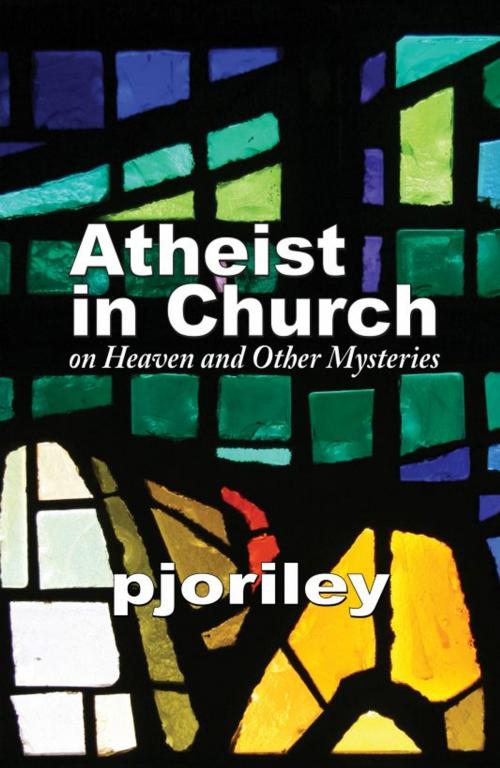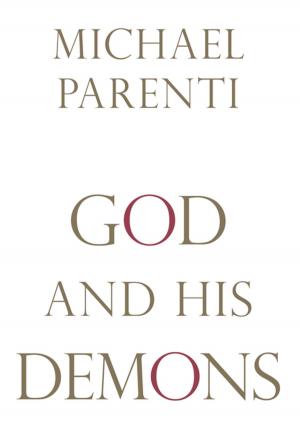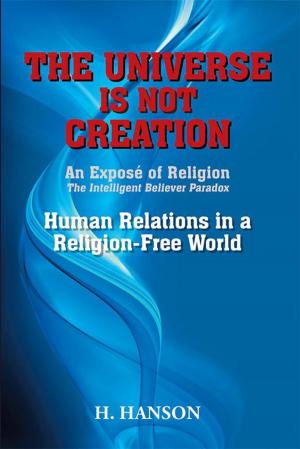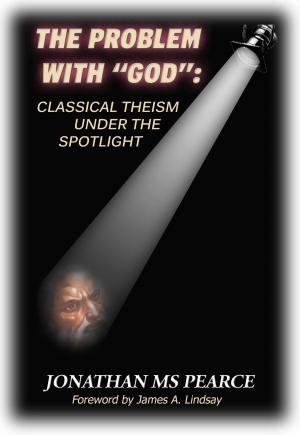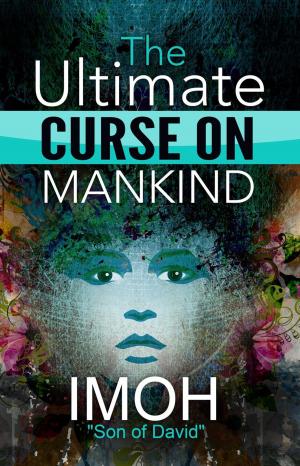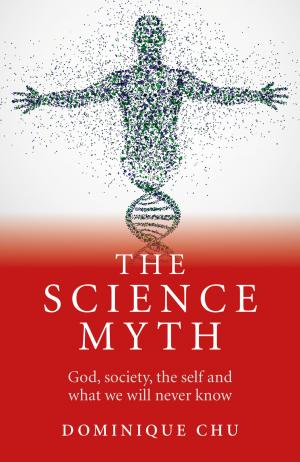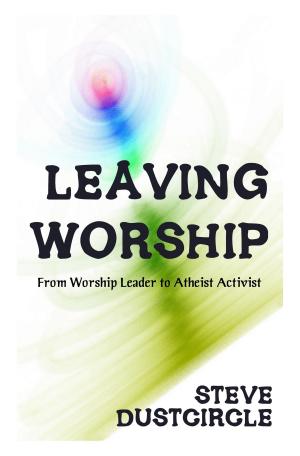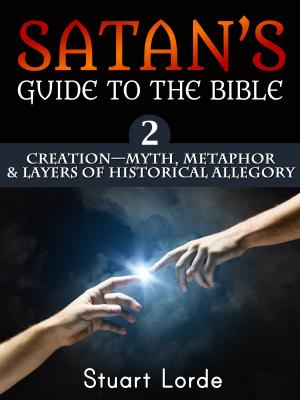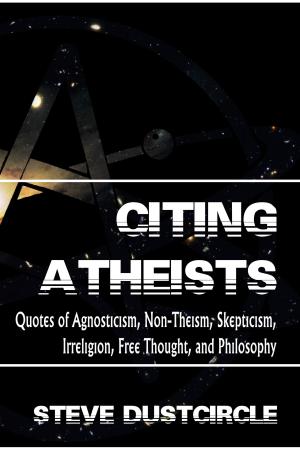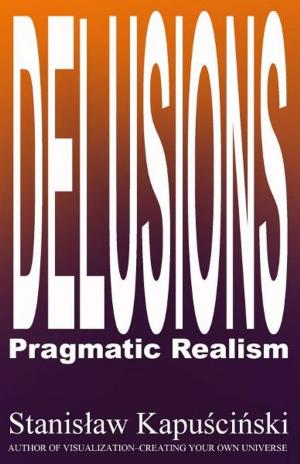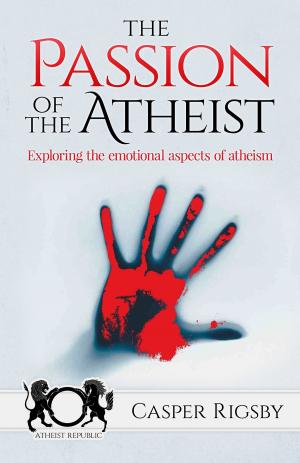Atheist in Church: on Heaven and Other Mysteries
Nonfiction, Religion & Spirituality, Other Practices, Atheism| Author: | Pjo Riley | ISBN: | 9781301609000 |
| Publisher: | Pjo Riley | Publication: | September 25, 2012 |
| Imprint: | Smashwords Edition | Language: | English |
| Author: | Pjo Riley |
| ISBN: | 9781301609000 |
| Publisher: | Pjo Riley |
| Publication: | September 25, 2012 |
| Imprint: | Smashwords Edition |
| Language: | English |
So, this atheist walks into a church ... and it's not the first line of a joke. It's a story of research for a novel turning personal as one writer contemplates the God-believers around her.
Raised by a Christian mother and an agnostic father, the author long felt apathetic toward religion. This journey, however, takes her to Jewish, Foursquare, Catholic, Christian Science, and other worship services, exposing her to so many believers and seekers that she begins to wonder about how it is that some people crave God and others don't.
In "Atheist in Church," Pjo Riley chronicles her visits to churches and synagogue, collects people's notions about heaven, and muses about religion as depicted in lectures, books, news accounts, and a documentary about God in America. All those years of benign indifference, examined at last, in an effort that eventually reshapes her views about believers and believing.
Says the author, “I would bet that I was the only atheist sitting through those services. You would find non-believers at church weddings, funeral masses, christenings, those sorts of things. But they don’t generally get dressed and go to church for their own personal enlightenment.”
The author spent her childhood Sunday mornings in a succession of Methodist churches in the company of one parent and three siblings. Virtually none of the teachings stuck. Maybe the parts about doing unto others, but not the belief in a creator figure, or the Holy Ghost, not the Bible stories, or sermons, or religious holidays. Why was that? If people are born atheists, which is how she sees it, why do so many become believers? And why does she view organized religion as a business enterprise that sells services?
While visiting her original list of four, plus two evangelical churches and a Jehovah's Witness meeting, Riley absorbed the sights and sounds. Here she describes them through her non-believing lens. She talks to brothel prostitutes; she gathers people's thoughts about Heaven. Her most intimate chapters recount childhood experiences in church and describe parents inhabiting opposite poles of the believing spectrum.
So, this atheist walks into a church ... and it's not the first line of a joke. It's a story of research for a novel turning personal as one writer contemplates the God-believers around her.
Raised by a Christian mother and an agnostic father, the author long felt apathetic toward religion. This journey, however, takes her to Jewish, Foursquare, Catholic, Christian Science, and other worship services, exposing her to so many believers and seekers that she begins to wonder about how it is that some people crave God and others don't.
In "Atheist in Church," Pjo Riley chronicles her visits to churches and synagogue, collects people's notions about heaven, and muses about religion as depicted in lectures, books, news accounts, and a documentary about God in America. All those years of benign indifference, examined at last, in an effort that eventually reshapes her views about believers and believing.
Says the author, “I would bet that I was the only atheist sitting through those services. You would find non-believers at church weddings, funeral masses, christenings, those sorts of things. But they don’t generally get dressed and go to church for their own personal enlightenment.”
The author spent her childhood Sunday mornings in a succession of Methodist churches in the company of one parent and three siblings. Virtually none of the teachings stuck. Maybe the parts about doing unto others, but not the belief in a creator figure, or the Holy Ghost, not the Bible stories, or sermons, or religious holidays. Why was that? If people are born atheists, which is how she sees it, why do so many become believers? And why does she view organized religion as a business enterprise that sells services?
While visiting her original list of four, plus two evangelical churches and a Jehovah's Witness meeting, Riley absorbed the sights and sounds. Here she describes them through her non-believing lens. She talks to brothel prostitutes; she gathers people's thoughts about Heaven. Her most intimate chapters recount childhood experiences in church and describe parents inhabiting opposite poles of the believing spectrum.
